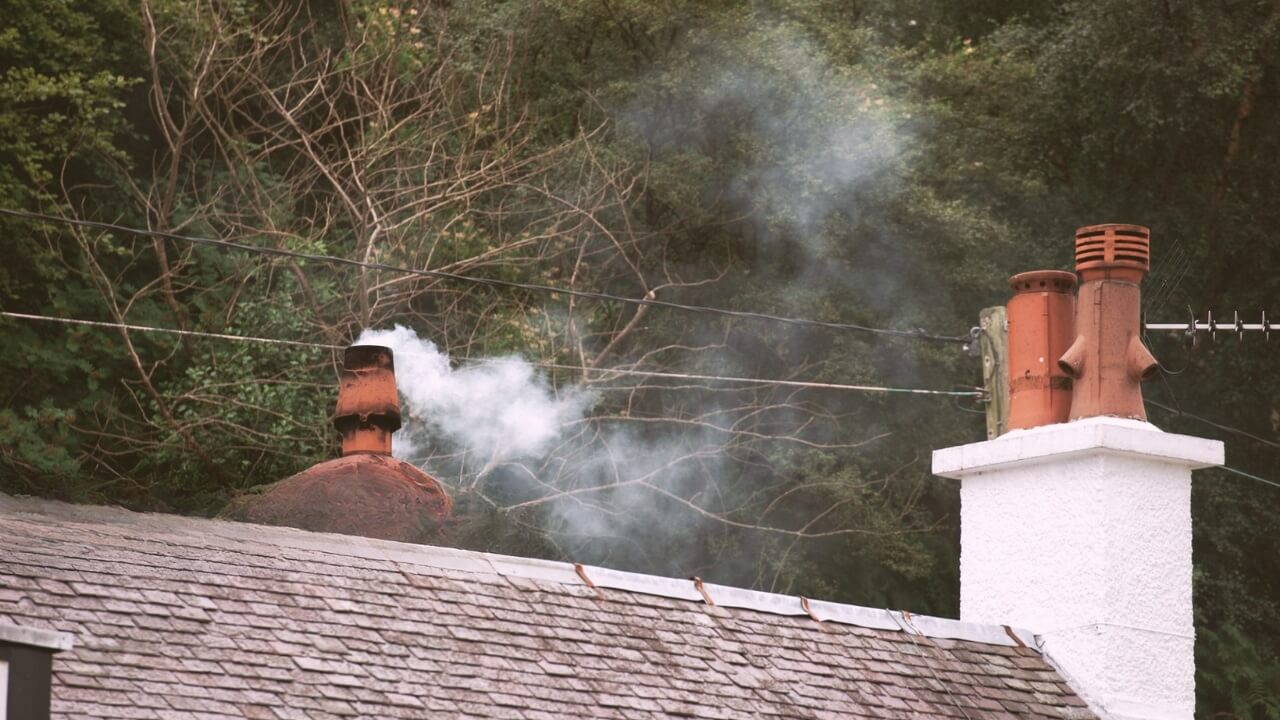Introduction
Cooker insurance, also known as appliance insurance, may not be the first thing that comes to mind when thinking about protecting your home. However, your cooker is the heart of your kitchen and an essential part of your daily routine. It’s also one of the most expensive appliances to replace or repair if something goes wrong. That’s why every homeowner should consider getting cooker insurance. In this comprehensive guide, we’ll explain what cooker insurance is, why it’s necessary, and how it can protect you from unexpected expenses and inconveniences. Don’t wait until it’s too late – keep reading to learn more about the importance of cooker insurance.
Understanding the Basics of Cooker Insurance
Cooker insurance, also known as appliance insurance or appliance cover, is a type of insurance policy that provides protection for your cooker against various risks and damages. This insurance coverage is specifically designed to safeguard your cooker, which is often the heart of your kitchen and an integral part of your daily routine.
Cooker insurance cover offers financial assistance to homeowners in the event of unexpected breakdowns, faults, or damages to their cookers. It provides coverage for repair costs or, in some cases, replacement expenses. This is particularly beneficial considering that cookers are one of the most expensive appliances to replace or repair if something goes wrong.
By investing in cooker insurance, you can have peace of mind knowing that you are protected from unforeseen expenses and inconveniences. Whether it’s a malfunctioning heating element, faulty thermostat, or even accidental damage, having cooker insurance can help you avoid significant out-of-pocket expenses.
The Potential Risks of Not Having Cooker Insurance
Without cooker insurance, homeowners face several potential risks and challenges. First and foremost, there is the financial risk of unexpected breakdowns or damages to your cooker. As mentioned earlier, cookers are expensive appliances to replace or repair. Without cooker insurance, you would be solely responsible for covering the cost of repairs or purchasing a new cooker out of pocket. This can quickly add up to a significant amount of money that you may not have readily available.
In addition to the financial risks, not having cooker insurance can also lead to inconveniences and disruptions in your daily routine. When your cooker malfunctions or breaks down, it can put a halt to your cooking and meal preparation, causing frustration and stress. Finding a reputable engineer and scheduling repairs can also be time-consuming and inconvenient, especially if you don’t have any contacts in the industry.
Furthermore, without cooker insurance, you may not have access to additional benefits such as coverage for call-out charges, engineer visits, and parts replacement. These benefits can save you time and effort, as well as the expense of finding and hiring a professional to fix your cooker.
Ultimately, the potential risks of not having cooker insurance are both financial and practical. By investing in cooker insurance, you can protect yourself from unexpected expenses, inconveniences, and the hassle of finding reliable repair services. It’s a small price to pay for the peace of mind and convenience that comes with knowing you are covered in case anything goes wrong with your cooker.
Essential Elements to Consider When Purchasing Cooker Insurance
When purchasing cooker insurance, there are several essential elements that homeowners should consider to ensure they are getting the best coverage for their needs.
Firstly, it’s important to understand the different types of cooker insurance available. Some policies may only cover specific types of damage, whilst others offer more comprehensive coverage. Take the time to read the policy details carefully and determine what is included and excluded from the coverage.
Secondly, consider the level of excess you are willing to pay. The excess is the amount you need to pay towards any claims before the insurance coverage kicks in. A higher excess can result in lower premiums, but it also means you will need to pay more out of pocket if you make a claim.
Another essential element to consider is the reputation and reliability of the insurance provider. Look for reviews and ratings from other customers to get an idea of their customer service and claims handling. It’s important to choose a provider that has a good track record of promptly resolving claims and providing excellent customer support.
How to Choose the Right Cooker Insurance Provider
Choosing the right cooker insurance provider is a crucial step in ensuring you have the best coverage for your needs. With so many options available, it can be overwhelming to make a decision. But fear not, we’re here to guide you through the process.
Firstly, consider the type of coverage you require. Some insurers offer appliance cover, whilst others specifically provide cooker insurance cover. Determine what type of coverage you need based on the risks you want to protect against.
Next, take a look at the reputation and reliability of the insurance providers you’re considering. Check out customer reviews and ratings to gauge their level of customer service and claims handling. You want to choose a provider that has a track record of promptly resolving claims and providing excellent support.
Cost is another important factor to consider. Whilst it’s tempting to go for the cheapest option, keep in mind that the level of coverage and the reputation of the provider should also factor into your decision. Compare quotes from different insurers to find a competitive price for the coverage you require.
Conclusion
In summary, cooker insurance, also known as appliance insurance cover, is a vital protection for homeowners. Your cooker is not only the heart of your kitchen but also an essential part of your daily routine. With the high cost of repairs or replacements, having cooker insurance provides peace of mind knowing that you won’t have to bear the financial burden alone.
Without cooker insurance, you face the potential risks of unexpected breakdowns, damages, and inconveniences in your daily routine. The financial implications can quickly add up, and finding reliable repair services can be a hassle. Additionally, not having access to additional benefits such as coverage for call-out charges, engineer visits, and parts replacement can further compound the challenges.








